
HIGHLIGHTS


Unlocking Job Opportunities in the Clean Energy Sector
What is the potential for new and better jobs in the clean energy sector? What targeted training programs are needed to build the necessary capacity? How can women be part of this new workforce? This was the focus of this ESMAP Knowledge Café session during the recent World Bank/IMF Spring Meetings.
Entitled Unlocking Job Opportunities in the Clean Energy Sector, the event featured Iffath Sharif, Global Director for Social Protection and Jobs at the World Bank, Patrick Walsh, Co-Founder and CEO of Sun King, and Demetrios Papathanasiou, Global Director for Energy and Extractives.
A Preview of ESMAP's Global Mini Grid Atlas
At the Data Playground, ESMAP presented a suite of data tools that support the deployment of Distributed Renewable Energy (solar mini grids and off-grid solar systems), and are thus particularly relevant in the context of Mission 300.
This included a preview of the Global Mini Grid Atlas, which enables users to assess the potential for DRE in 58 countries. With this tool, developers can identify viable locations for their installations. The Global Mini Grid Atlas is a complement to ESMAP’s Global Electrification Platform (GEP) which is a planning tool for least-cost electrification using geospatial data.
>> Learn More
IMPACT STORY
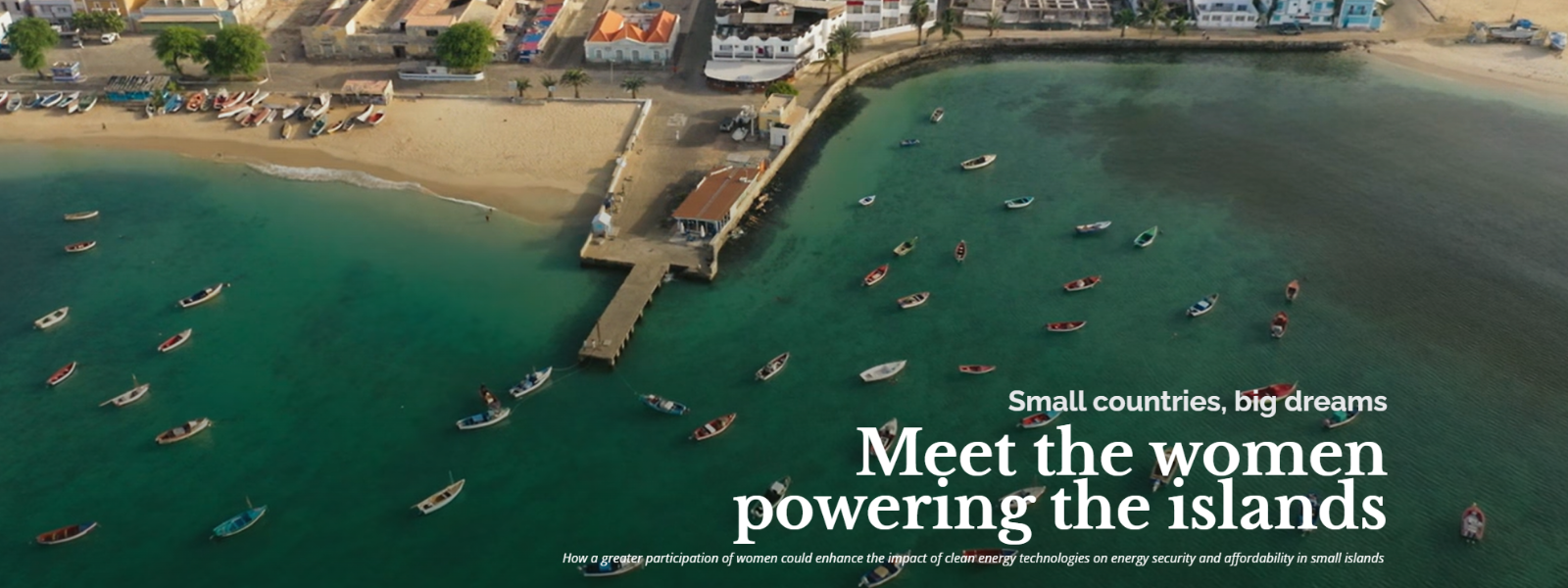
Meet the Women Powering the Islands
A first in a series, this immersive story sheds light on how greater women participation can enhance the impact of clean energy technologies on energy security and affordability in small islands. Meet Shurpal, Hamna, and Audilia—women from Saint Lucia, the Maldives, and Cabo Verde who are transforming the energy sector.
With the World Bank's support via ESMAP and partners, these women are overcoming barriers to education and employment in STEM fields and advancing renewable energy solutions. Harnessing women’s talent is key to building a better future.
>> Immerse Yourself in their Story
BOARD APPROVALS
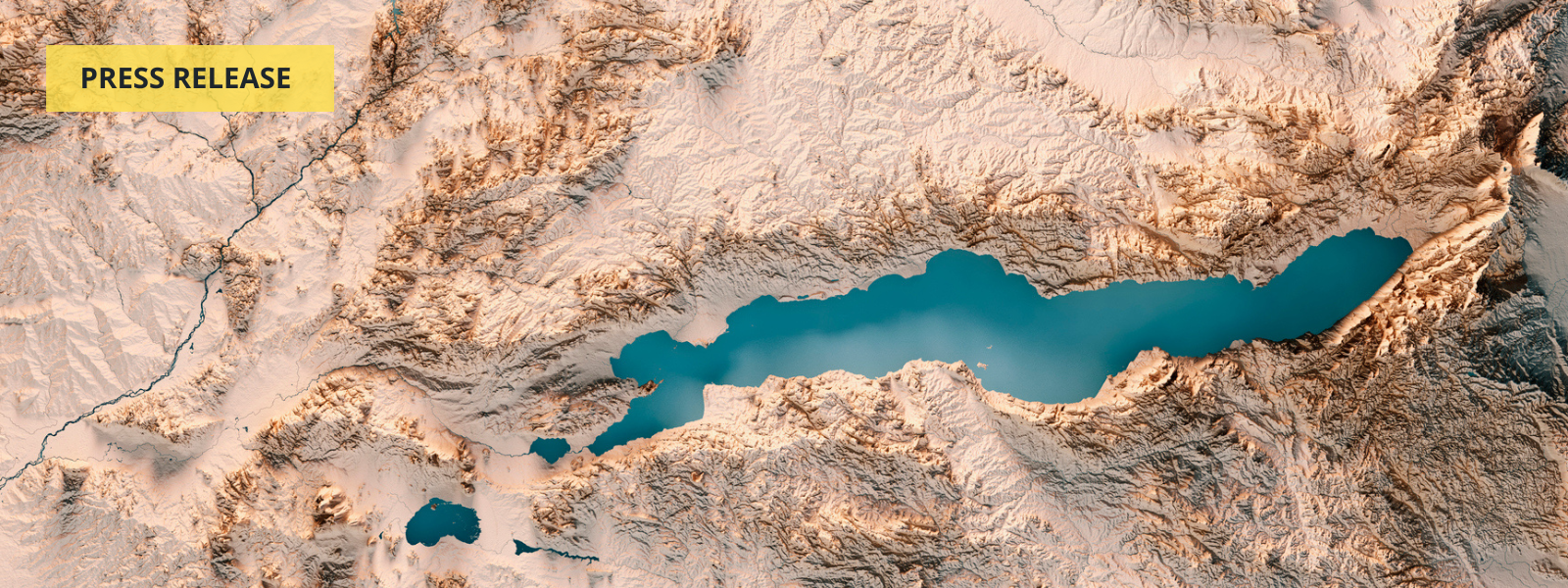
Addressing Energy Deficits: Transformative Impact of the Mpatamanga Hydropower Storage Project in Malawi
ESMAP's Hydropower Development Facility supported Malawi's Mpatamanga Hydropower Storage Project by assessing its macro-economic impacts, including GDP growth, inflation, debt sustainability, and foreign exchange reserves. This analysis led to a USD$350 million grant from the International Development Association (IDA) to transform Malawi's energy landscape and economic development. The project will generate 1,544 gigawatt-hours of clean energy annually, providing electricity to over a million households and creating thousands of jobs.
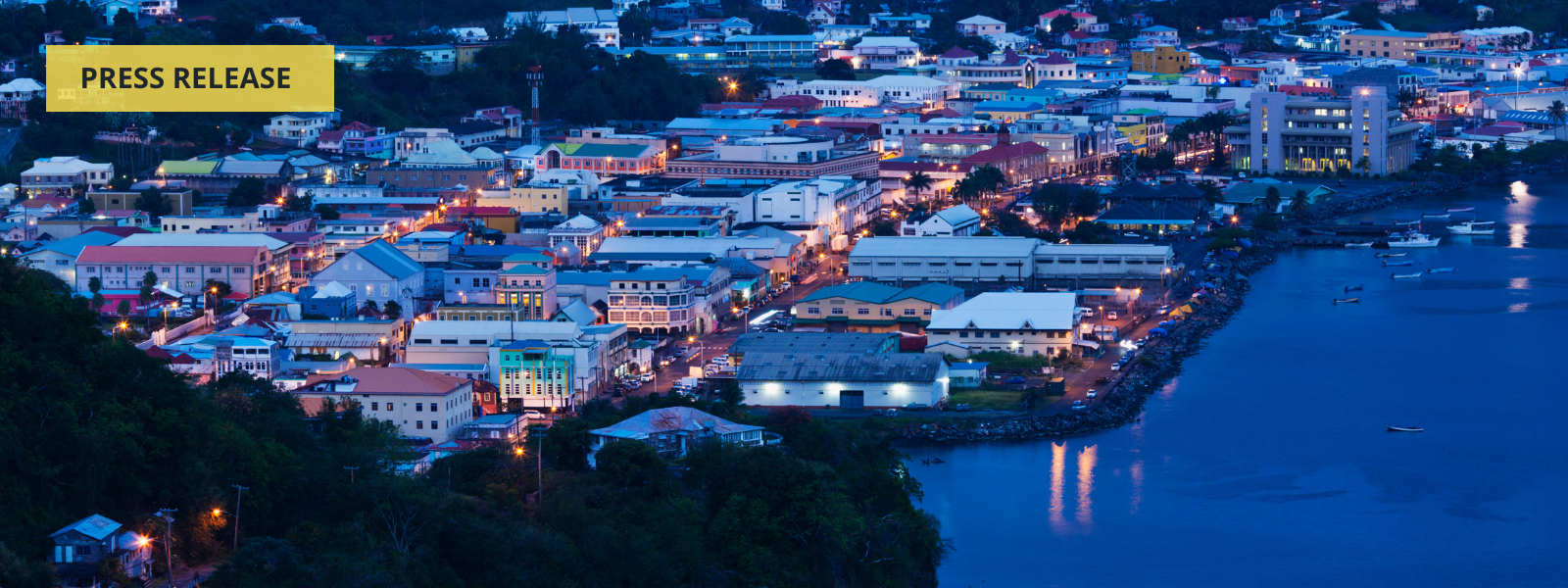
Boosting Energy Resilience in the Caribbean with A New Facility
ESMAP played a pivotal role in supporting the identification, preparation, and analytical foundations of the Caribbean Resilient Renewable Energy Infrastructure Investment Facility for Grenada, Saint Lucia, and Saint Vincent and the Grenadines, while ensuring its alignment with regional energy resilience goals.
This new regional initiative, developed in collaboration with the Eastern Caribbean Central Bank and Eastern Caribbean countries, will accelerate the adoption of clean, resilient, and affordable energy systems.
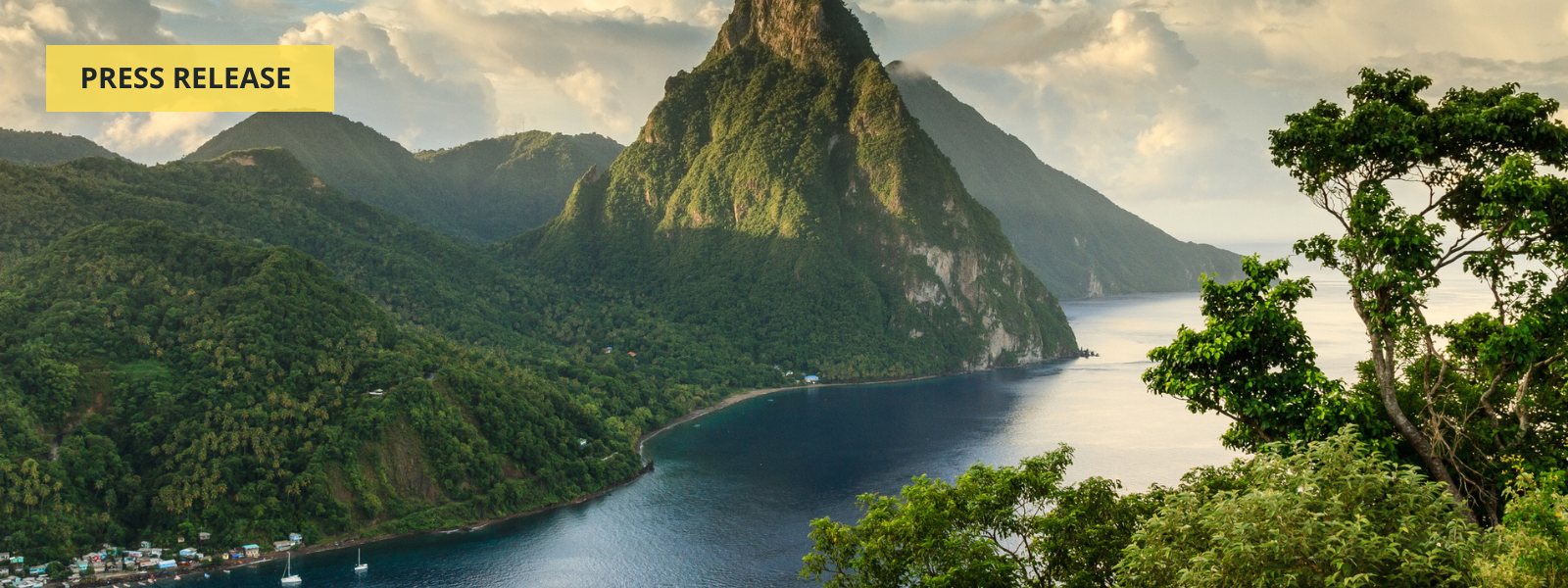
Empowering Saint Lucia: Advancing Clean Energy through Geothermal Viability and Investment Facilitation
The preparation of this US$12.754 million loan which includes US$8.5million in IDA credit, US$1.754mn in ESMAP grant (from the Global Energy Alliance for People and Planet), and US$2.5 million in Canada Clean Energy Forest Carbon Facility (CCEFCF) concessional loan, was supported by ESMAP.
The Government of Saint Lucia will benefit from a viability study of its geothermal resource for power generation and strengthen the enabling environment to scale-up clean energy investments with the private sector.
>> Learn more
NEWS
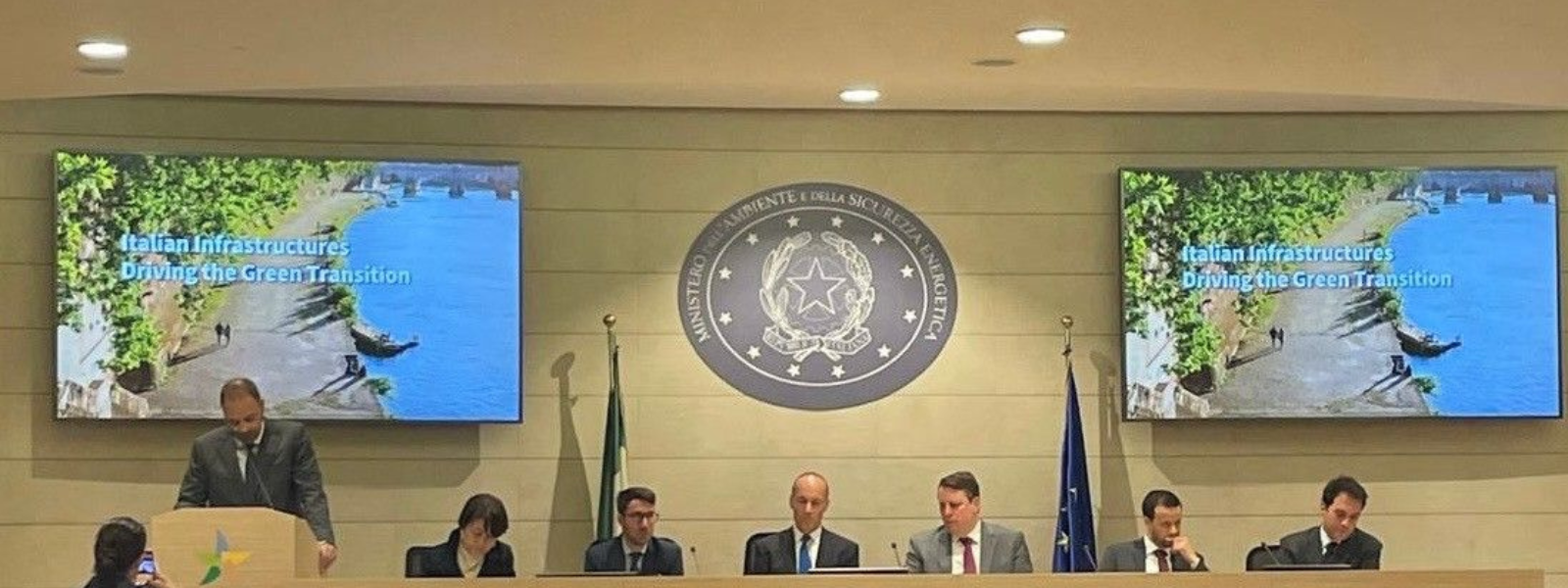
Opportunities for Environmental and Climate Cooperation, Rome, Italy
ESMAP joined the Italian Ministry of the Environment and Energy Security (Ministero dell'Ambiente e della Sicurezza Energetica) and OICE for the event Engineering Solutions: Showcasing Italian Best Practices and International Cooperation Opportunities for Environmental and Climate Innovation.
Tarek Keskes represented ESMAP in the institutional panel, highlighting the Mission 300's alignment with Italy's Mattei plan, the ASCENT Program, which will provide energy access to 100 million people in Africa across 20 countries, and the ELMED Project Tunisia-Italy Interconnector. The plenary concluded with the signing ceremony of the Financing Agreement to Expand MASE’s Contribution to the Energy Sector Management Assistance Program of the World Bank Group (ESMAP) by Alessandro Guerri, Director General for European, International and Sustainable Finance Affairs, MASE.
>> Learn more
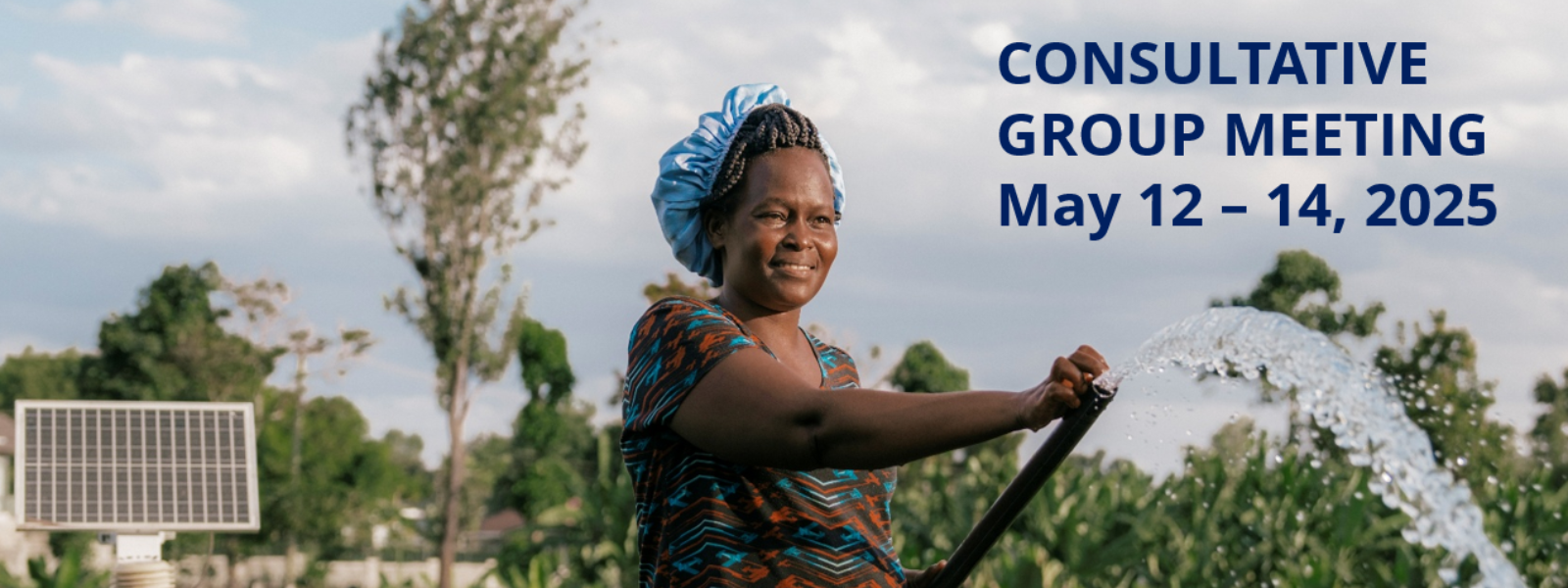
ESMAP Consultative Group Outgoing and Incoming Chairs Reflect on ESMAP’s Role
At our recent annual Consultative Group Meetings, we had the chance to ask the outgoing Chair, the new Chair, and the upcoming Chair - respectively Steven Hunt, Senior Energy Innovation Advisor at FCDO; Hans Olav Ibrekk, Special Envoy for Climate and Security at the Norwegian Ministry of Foreign Affairs; and Anders Ørnemark, Chief Advisor to the Department for Green Diplomacy and Climate at the Ministry of Foreign Affairs of Denmark - about their perspectives on ESMAP’s role, achievements and competitive edge.
BLOGS
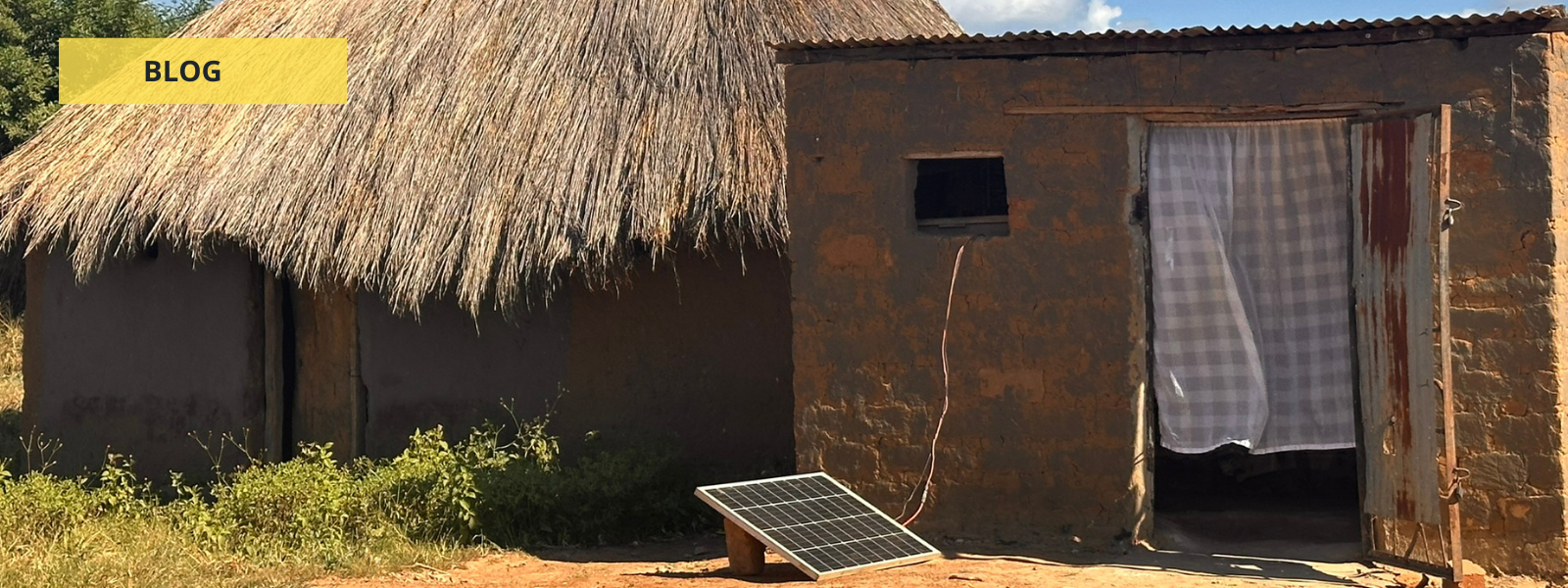
Mission 300: Unlocking Capital for Off-Grid Solutions in Africa
Off-grid solar is positioned to be the most cost-effective way to provide about half of electricity access under Mission 300—the joint World Bank Group and African Development Bank initiative to connect 300 million people in Sub-Saharan Africa to electricity by 2030. When it comes to reaching the Mission 300 target, and universal energy access more broadly, investments in distributed renewable energy solutions are key to ensuring that the most remote, hard-to-reach populations in Africa do not get left behind.
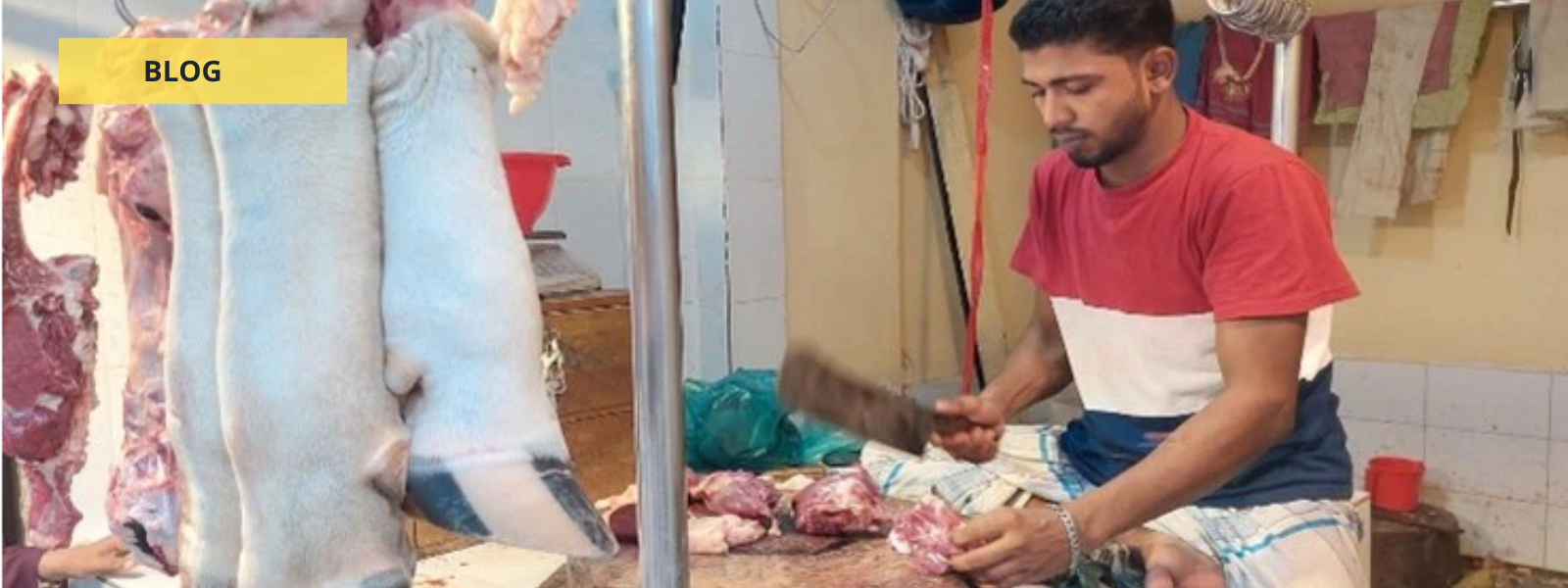
Bringing Energy-Efficient Cooling to Bangladesh’s Livestock Sector
Lacking proper cooling facilities will cause unforgivable financial losses for farmers who depend on the sale of their products, such as milk collection or meat production. Across Bangladesh, this issue is widespread. Enter food safety and cold-chain storage.
PUBLICATIONS
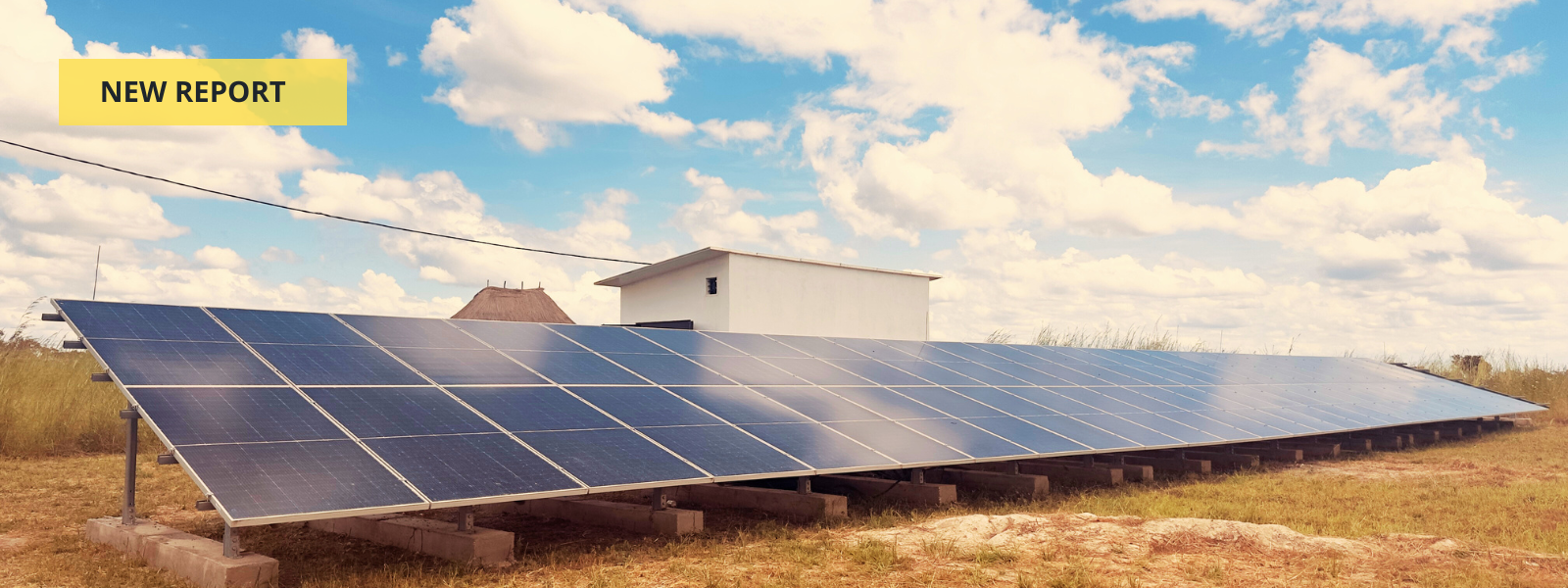
Accelerating Access to Clean Air for a Livable Planet
To make meaningful progress, we need a more ambitious and integrated approach toward air pollution—one that links conventional air quality management with broader policy goals, such as energy security or emission reduction. Strong governance, reliable air quality data, and commitment from policymakers will be essential in driving change.
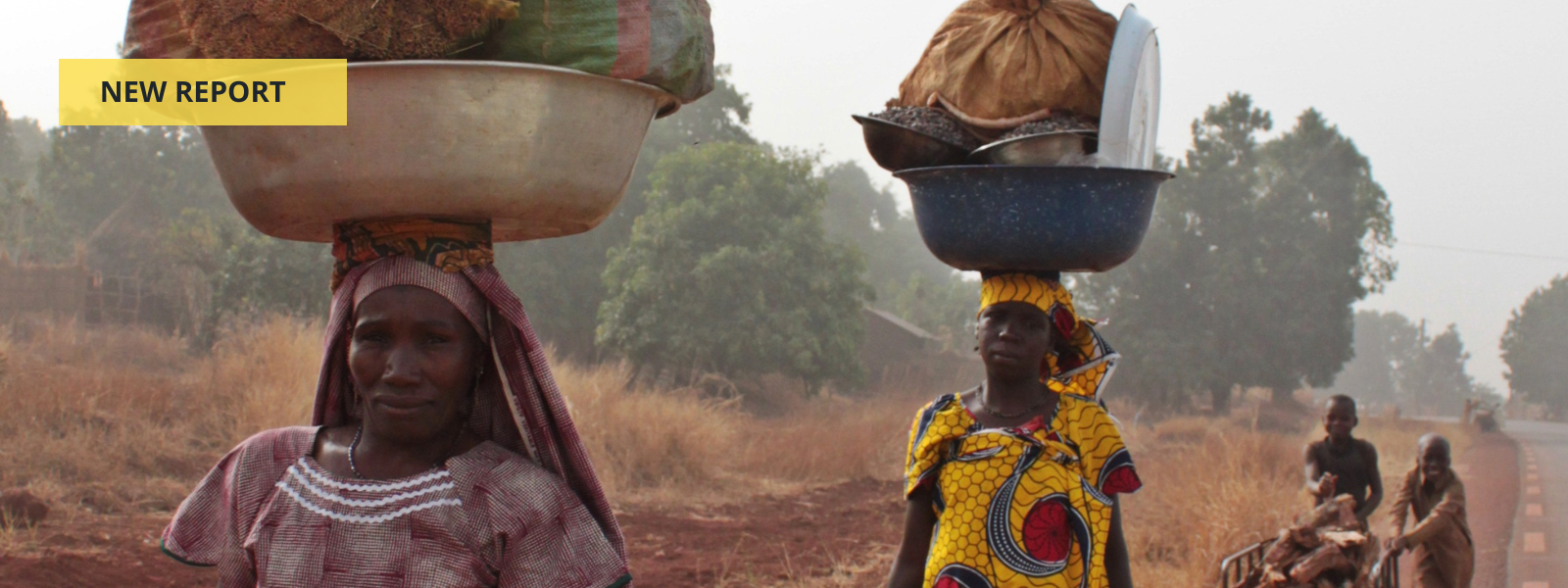
Gender, Social Inclusion, and Energy Access in The Horn of Africa Borderlands: A Vantage Point
This assessment identifies gender and social inclusion gaps with respect to equitable access to clean and modern energy in the Horn of Africa (HoA) borderlands, specifically in Djibouti, Eritrea, Ethiopia, Kenya, Somalia, and Sudan. It examines the differences in the constraints that women, girls, men, and boys face about equitable access to energy in the HoA borderlands and the potential benefits and impacts of equitable access to energy.
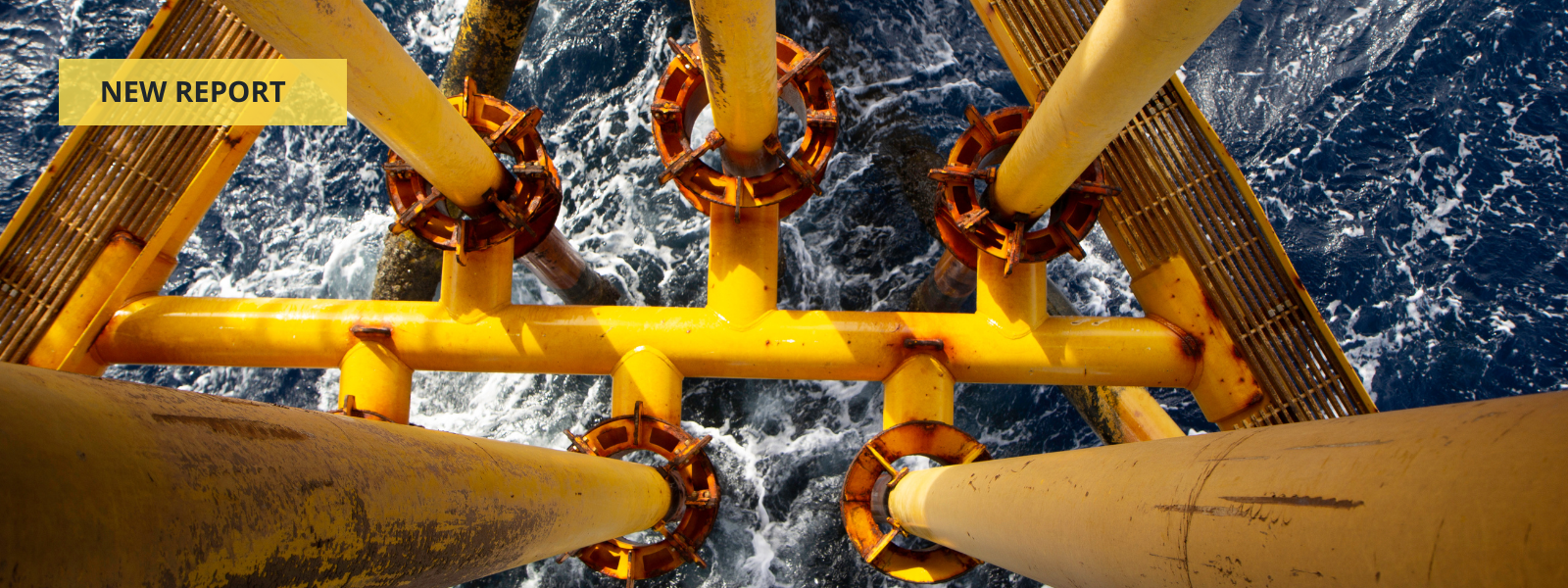
Making Offshore Wind Work | Key Factors for Successful Development of Offshore Wind in Emerging Markets
This comprehensive guide helps countries with planning and inclusion of offshore wind at scale in their energy mix. The guide will assist governments with favorable offshore wind resources in establishing the policies, processes, and regulatory frameworks that best suit their local, national, and regional contexts.
The first edition of this report, published in 2021, was a seminal work by the World Bank Group’s Offshore Wind Development Program, jointly led by ESMAP and International Finance Corporation (IFC), the private sector lending arm of the World Bank Group, to accelerate the uptake of offshore wind in emerging markets.

Assessing Market Readiness for Private Investment in Solar Hybrid Mini Grids: A Promising New Approach for M300 Developed in Niger
This Livewire showcases a new approach for assessing mini grid market readiness. Developed in Niger, it could become a blueprint for the mini-grid work under M300. The recent work in Niger provides a comprehensive methodology for assessing a country’s readiness for private sector participation in mini-grid development. Using a 10-building-block framework, the study evaluated key technical, regulatory, financial, and institutional barriers to mini-grid deployment and proposed actionable solutions.
>> Read the Report: English | French
PAST EVENTS
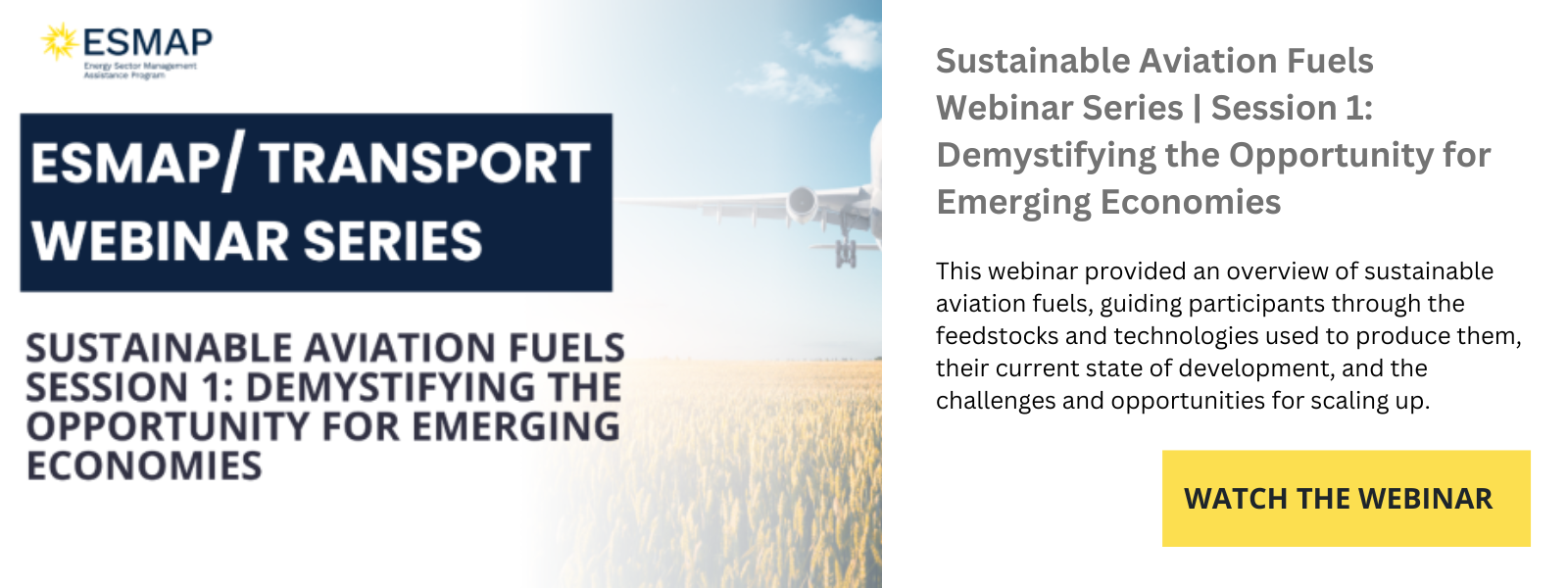
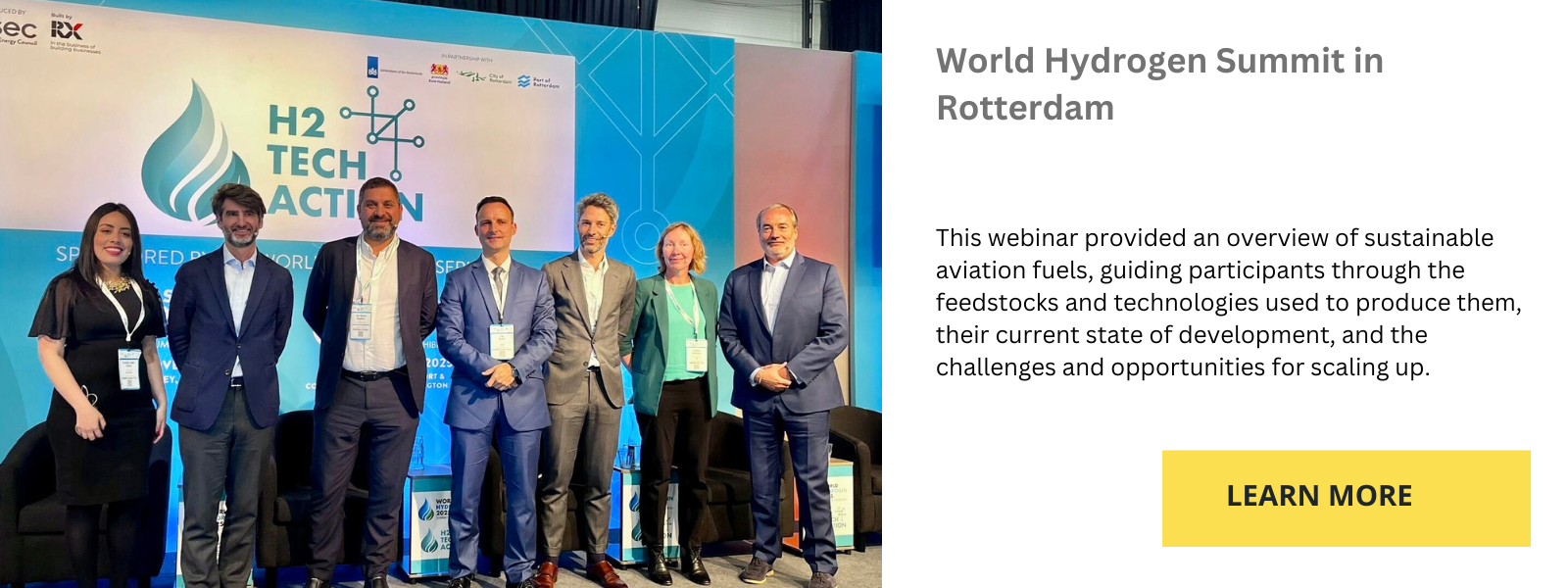
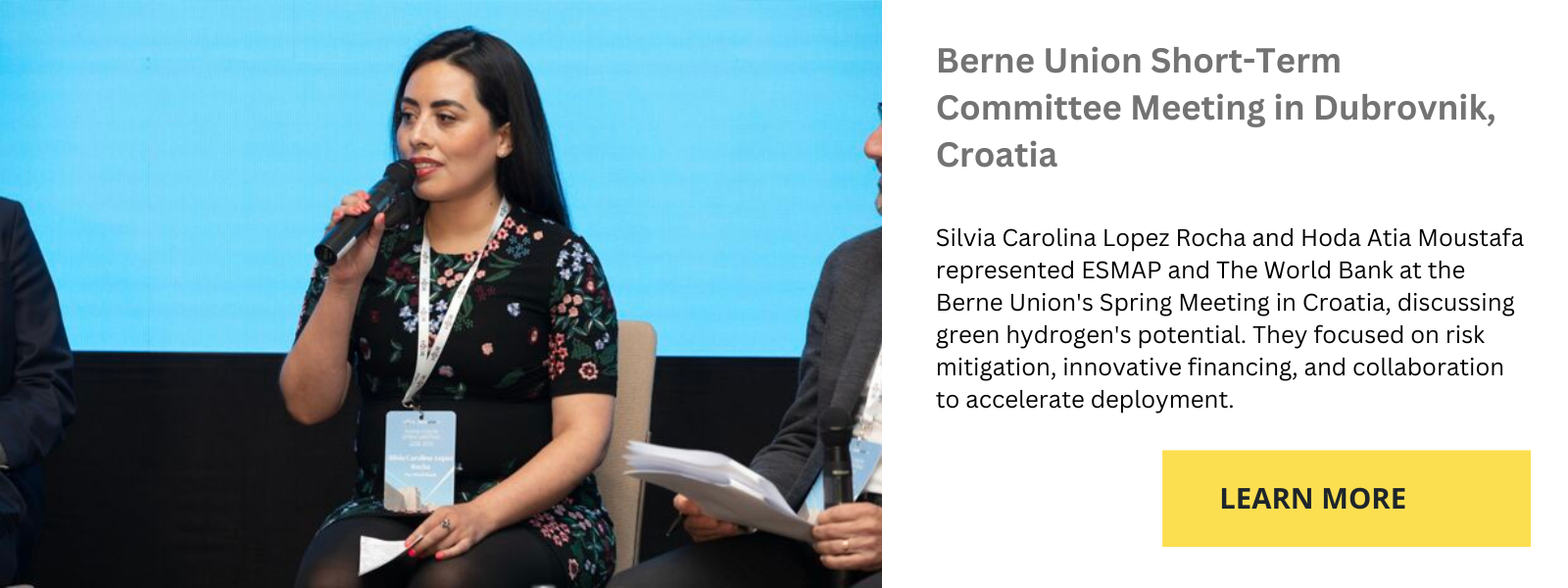
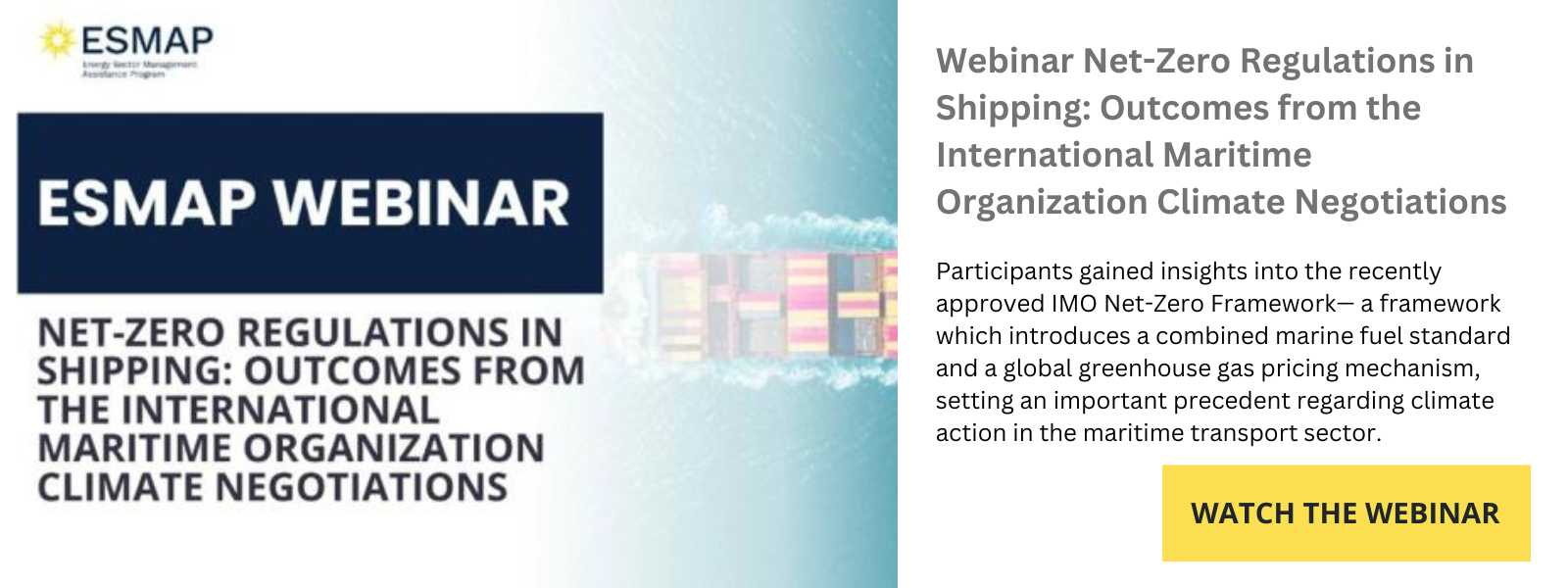
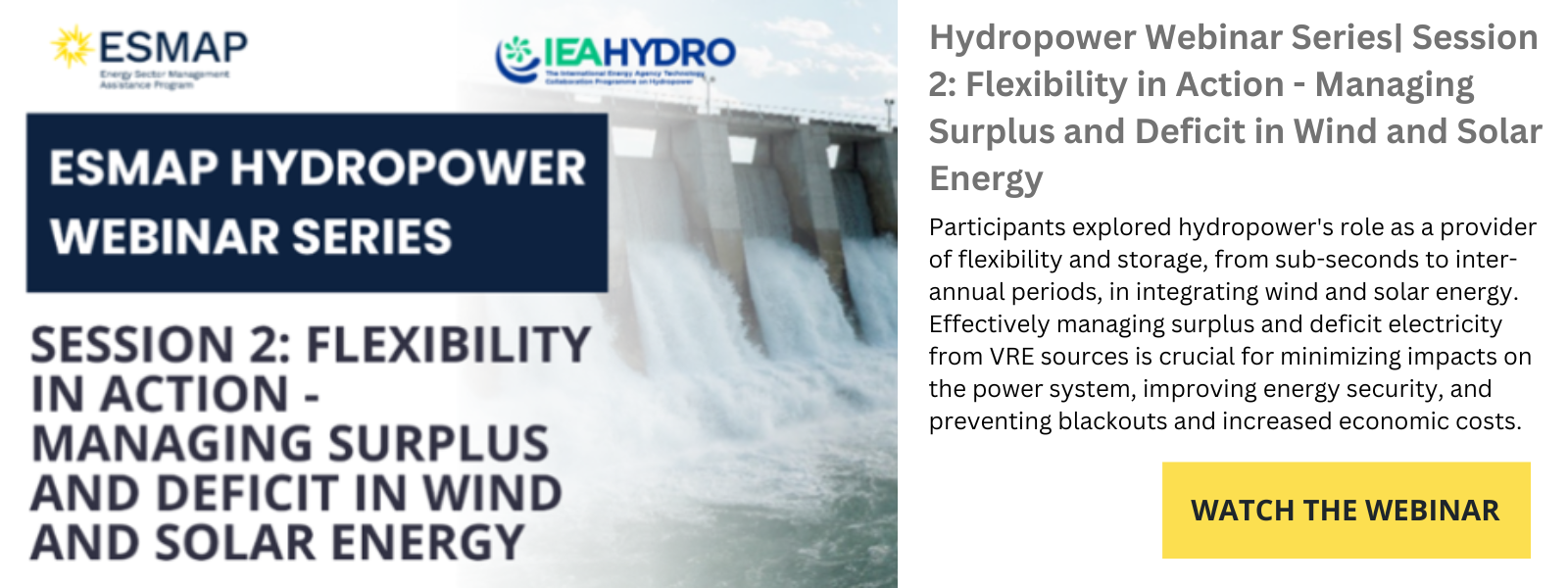
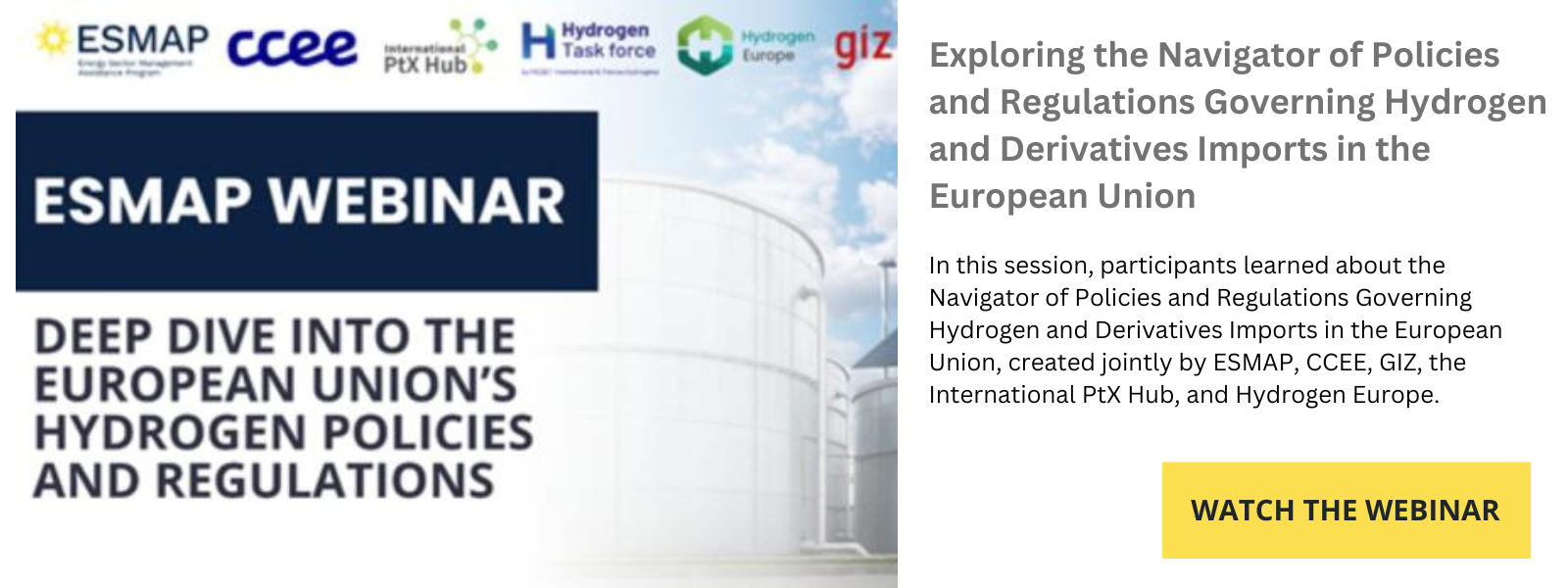
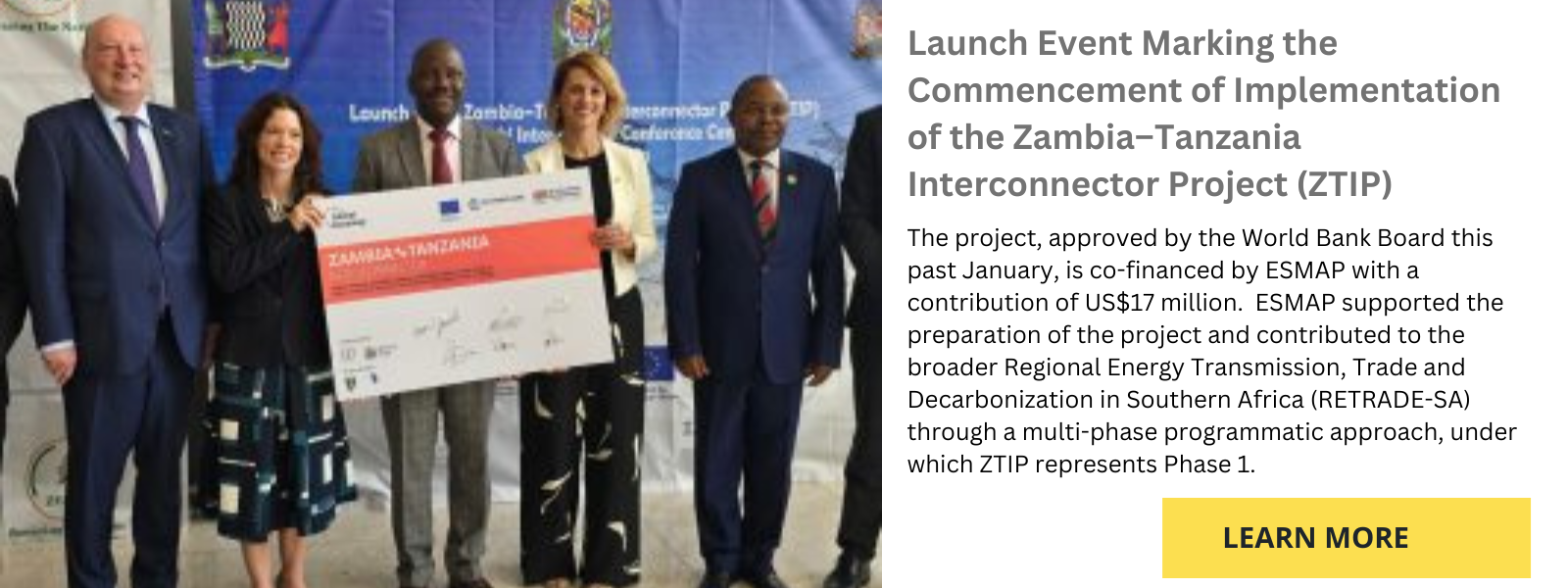
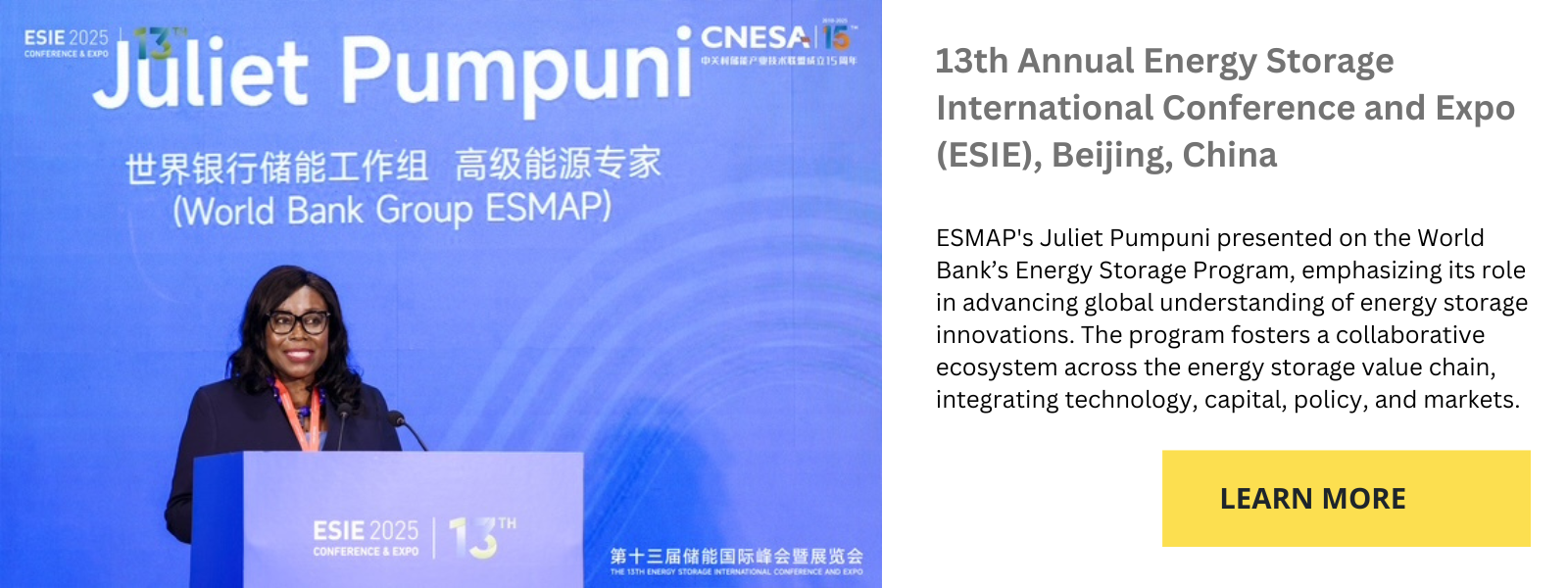
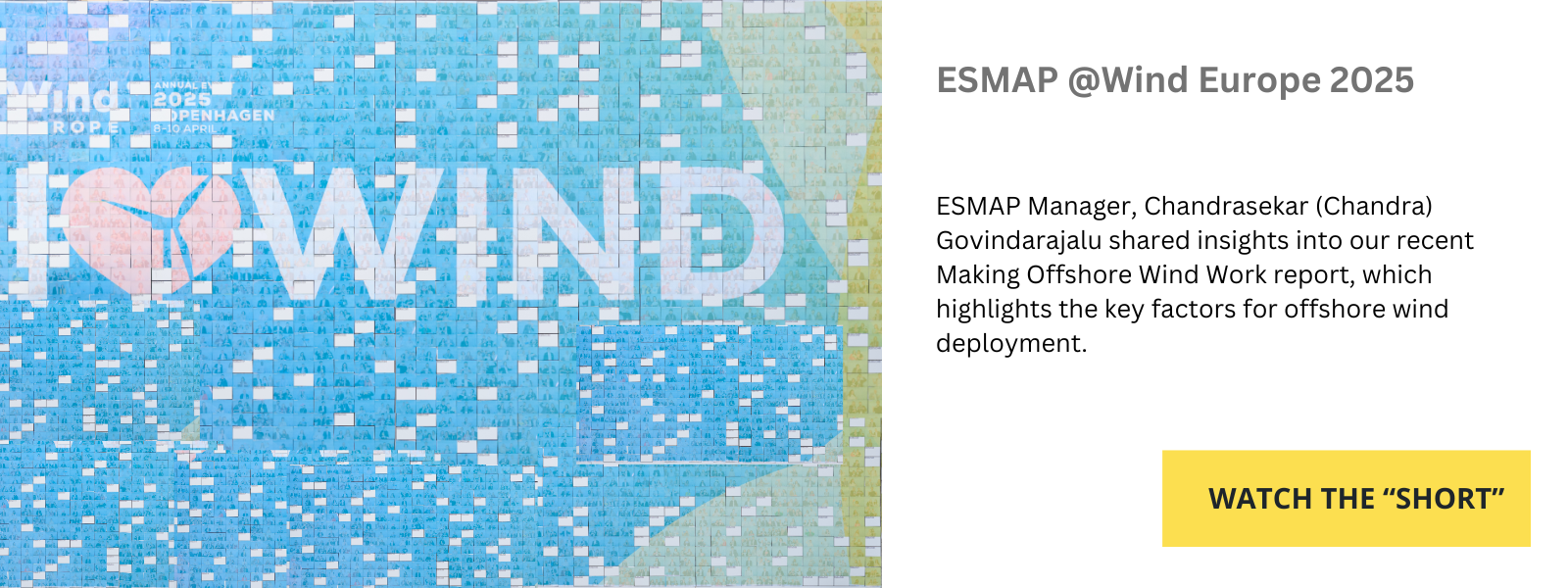
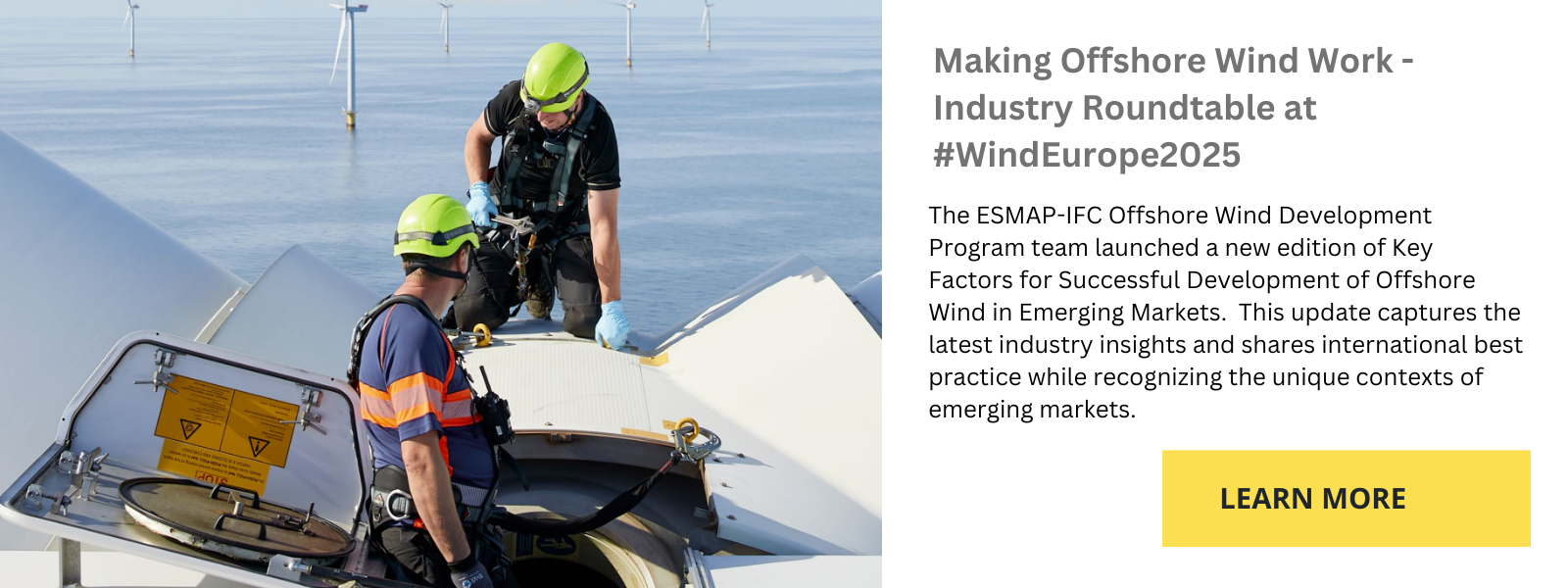
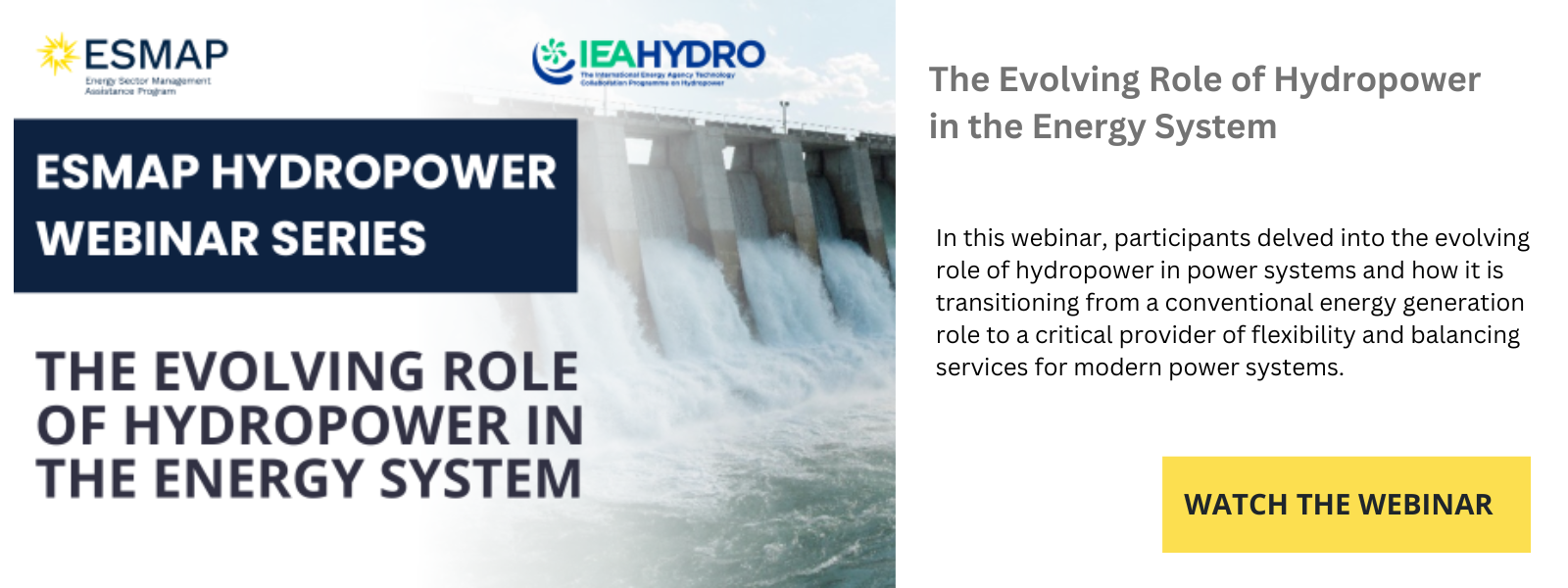
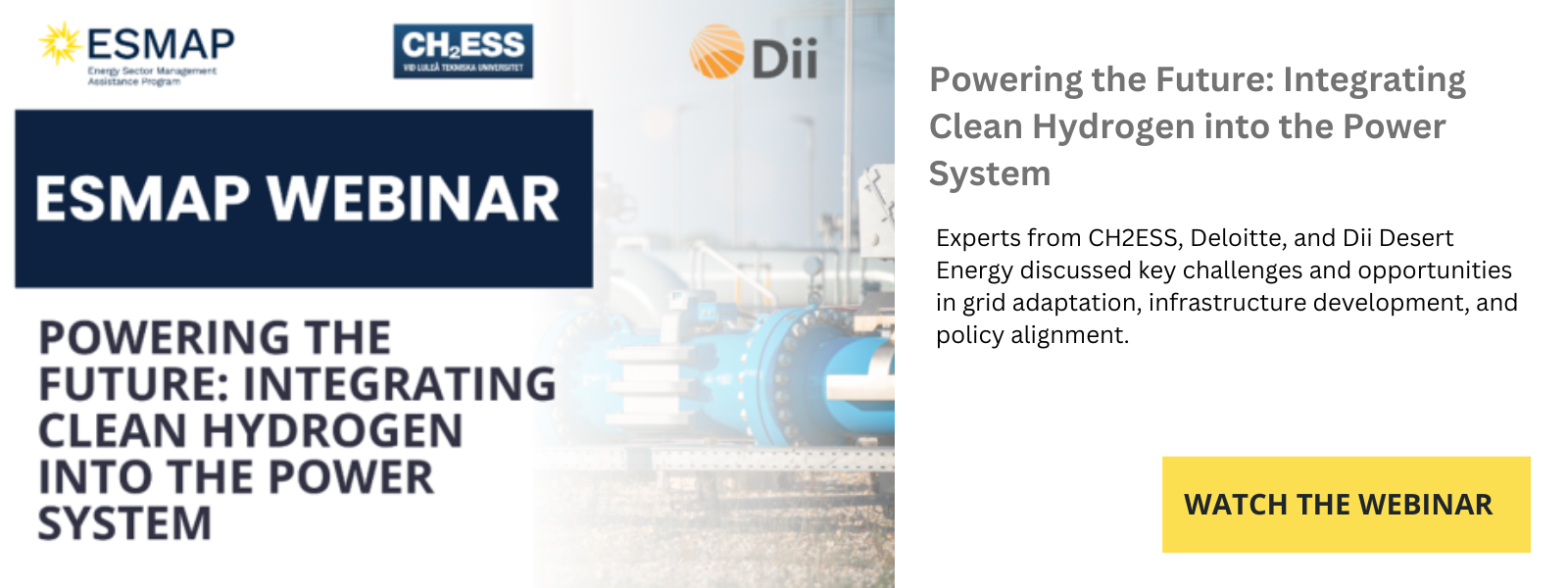
UPCOMING EVENTS
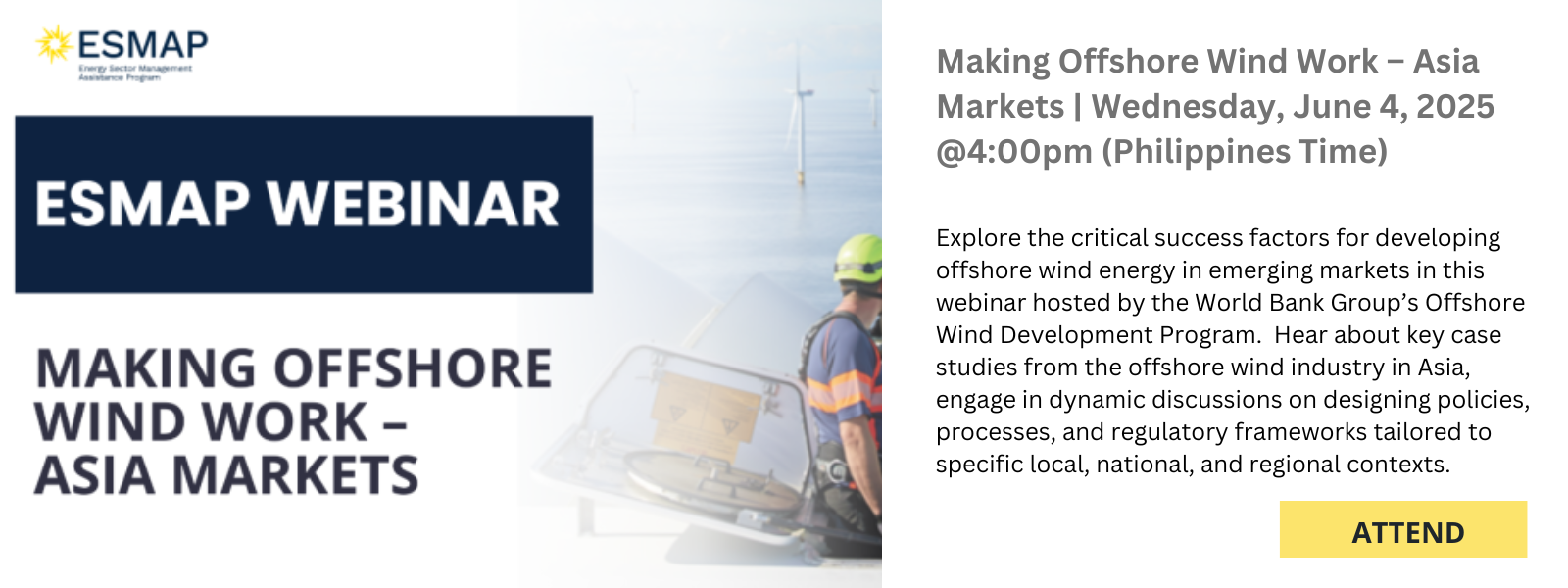
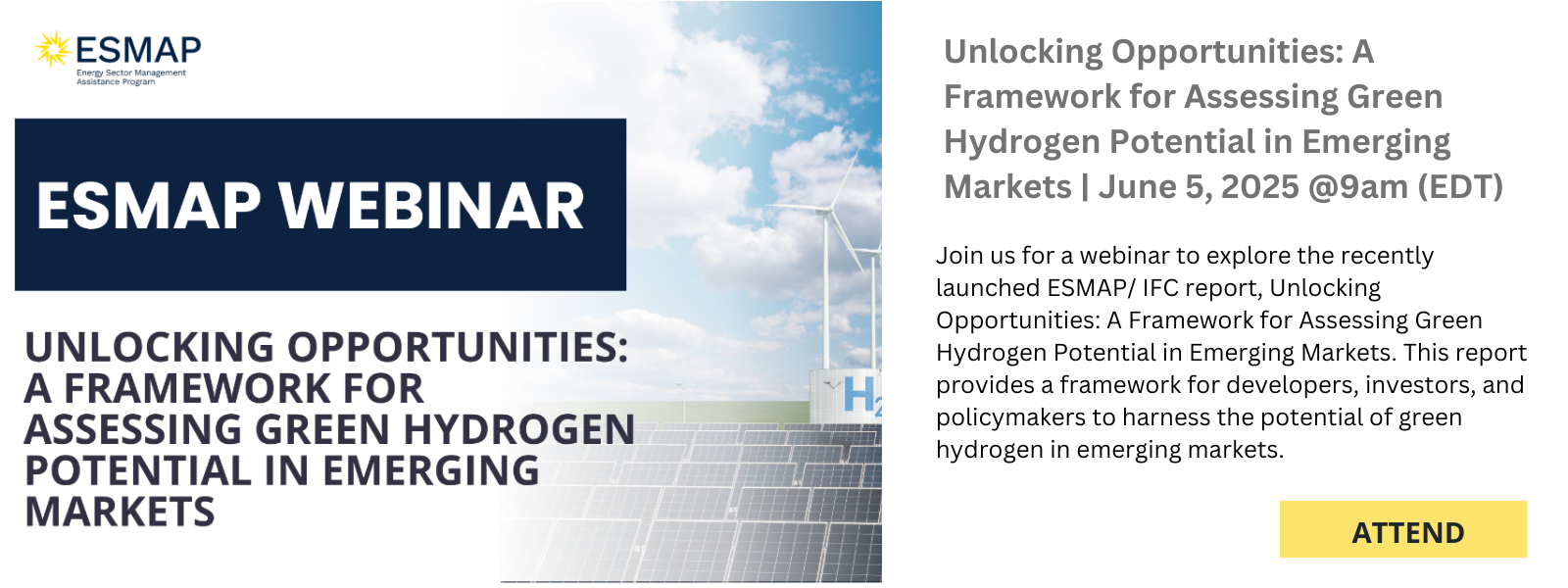
PARTNERS' CORNER



